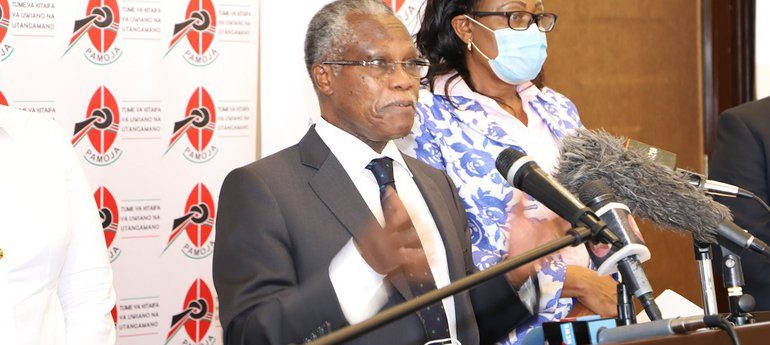NCIC flags 31 cases of hate speech linked to political campaign rallies

The National Cohesion and Integration Commission (NCIC) has noted increased cases of hate speech and incitement mainly linked to political rallies.
Commission regretted that if not checked, this may lead to violence in some parts of the country.
In the month of June alone, the commission has flagged 31 cases of hate speech, with Kenya Kwanza Jacaranda rally contributing to the highest number of cases identified.
This even as the country recorded pockets of heightened tension in some parts, which has led to conflicts escalating to violence in some regions.
“Hate speech and ethnic contempt with politicians inflaming ethnic passions through public statements and social media posts have been on the rise,” NCIC noted.
Under the banner of ‘Uwiano Platform for Peace’, the commission noted that Twitter is the main platform for hate speech in the period under review, with a total of 16 cases compared to seven cases identified on Facebook and five on Tiktok.
“As peace actors, we are concerned by the increasing number of hate speech cases in social media platforms with chaotic rallies being a trigger for incitement online,” NCIC chair Samuel Kobia (pictured) said yesterday.
Peace platform
The group said there are increased incidences of hate speech and incitement on social media, especially discrediting Government institutions.
Platform charged that the Independent Electoral and Boundaries Commission (IEBC) has been discredited before under the campaign hashtag #ChebukatiCannotBeTrusted, a move they argued seeks to project IEBC as incompetent, thus sowing doubt in citizens’ perception of the ability of the electoral agency to deliver credible results they can believe in. “Campaigns to discredit the credibility of IEBC on Twitter has happened in previous elections in 2013 and 2017. This method aims to project IEBC as incompetent, thus sowing doubt in citizens’ perception on the ability of the IEBC to deliver credible results they can believe in,” Kobia said.
Kobia disclosed that the National Steering Committee on Peace Building and Conflict Management have reinvigorated the National Early Warning and Early Response System built on a short code message platform where Kenyans are encouraged to report any risk to their peace by sending a text to 108 and 1547.












